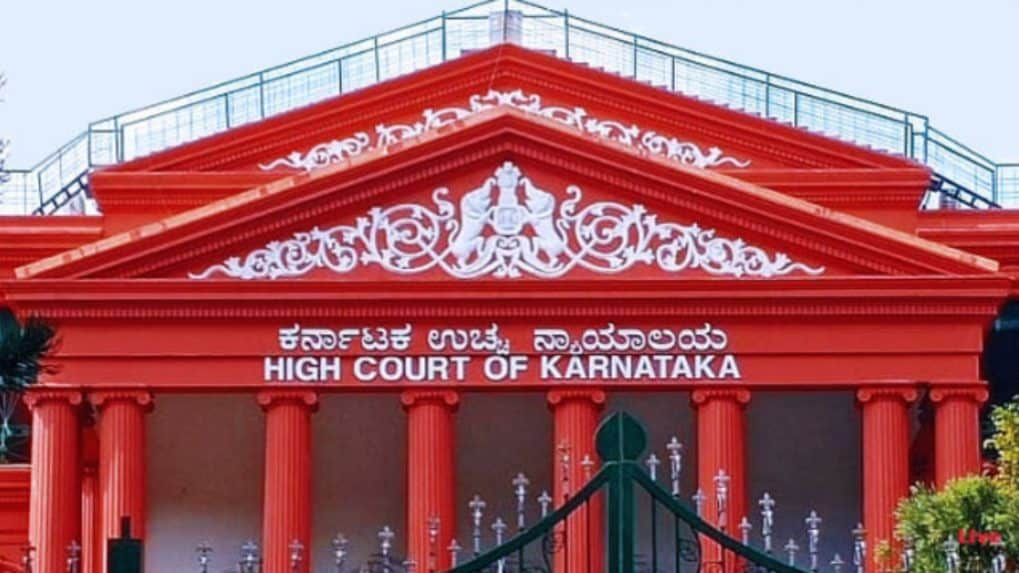How it Works
WPP, Havas, Omnicom: Are advertising’s biggest holdcos recasting agencies as AI Operating Systems?

The Union government has urged the online real money gaming industry to rework its business models, advising companies to move away from stake-based formats and instead offer subscription-driven or free-to-play options. In submissions made before the Karnataka High Court—now transferred to the Supreme Court—the Centre maintained that the Promotion and Regulation of Online Gaming Act, 2025, is designed to protect public interest and cannot be diluted to preserve industry revenues.
The government, while countering petitions challenging the Promotion and Regulation of Online Gaming Act, 2025 in its submissions (reviewed by Storyboard18) stated, “All that the Petitioners have to do is to formulate a business model in such a way that the games on their platform adheres to the definition of online game and online social game and under certain circumstances, e-sports, which is actively promoted. When the Petitioners are free to offer the same games for a subscription fee or a one-time access fee provided such fee is not in the nature of a stake or a wager, the Petitioners cannot be permitted to contend that the impugned Act has shut its business.”
Emphasizing that there is no fundamental right to operate games only on the basis of wagers, the government noted: “The Petitioners must simply now rework their platform and float their games as either online social game or in certain circumstances, if permissible, as e-sports. The Petitioners cannot contend that there is a fundamental right to offer their games only for playing with stakes or wager.”
The Centre dismissed concerns that the ban on real money games would harm employment or deter investment. “While the position may be true, the test adopted by the Hon’ble Supreme Court to balance two spectrums of fundamental rights must be adopted. In such circumstances, the larger public interest must prevail and public interest must always yield to private interests,” it said.
Citing widespread harm, the submissions pointed to suicides linked to online money games: “There can be no right to profession or trade at the cost of human lives which online money gaming is known to take, month after month, across the country.”
The government further stressed that the law does not prohibit online gaming entirely. Instead, it distinguishes between harmful stake-based formats and permissible recreational models. “In fact, what is prohibited by the Act is only the offering and facilitating of online money games. The Act has not prohibited the playing of online games entirely. To the contrary, the Act has actively promoted e-sports, which specifically excludes online money games,” it clarified.
Arguing that Parliament has exclusive competence to regulate the sector under Entry 31 of List I of the Constitution, the Centre likened fantasy sports and online gaming to social media, which are inseparable from the internet and fall under Union jurisdiction. The government also highlighted broader risks including money laundering, terror financing, financial sovereignty, and national security concerns, underscoring the need for central regulation.
It is submitted that there exists no specific entry in any of the three constitutional lists that directly address online gaming or fantasy sports.
Since no entry in the three constitutional lists directly addresses online gaming or fantasy sports, the government argued that regulation must fall under Parliament’s residuary powers (Entry 97, List I). Allowing states to legislate independently, it warned, would create “regulatory chaos,” duplicative compliance burdens, and a flood of litigation.
The Centre also flagged the risk of inconsistent regulations leading to unconstitutional prohibitions of skill-based games, which could expose both operators and users—including promoters, directors, and officers—to raids, FIRs, and arrests. Such uncertainty, it said, could jeopardize over 1 lakh skilled engineering jobs. The IT Gaming Rules, 2023, it noted, were framed precisely to avoid this overlap by creating a singular, uniform framework.
The government accused the online gaming industry of inconsistency, arguing that it opposes regulation by both States and the Union. “Whenever the States enact a law to regulate the industry, the industry contends that the State lacks competence and the Union alone could regulate the industry. However, when the Union has enacted a law, the industry is now contending that Union also lacks competence,” the submission noted, pointing out that these contradictory positions were taken within just two weeks.
The Supreme Court, through a bench of Justices JB Pardiwala and KV Vishwanathan, has directed that all related cases pending before the Delhi, Karnataka, and Madhya Pradesh High Courts be transferred to the apex court for a joint hearing. Digital transfer of records has been ordered within one week, setting the stage for a decisive ruling on the regulation of India’s online gaming industry.
From purpose-driven work and narrative-rich brand films to AI-enabled ideas and creator-led collaborations, the awards reflect the full spectrum of modern creativity.
Read MoreThe Storyboard18 Awards for Creativity have unveiled a Grand Jury comprising some of India’s most influential leaders across advertising, business, policy and culture, positioning it among the country’s most prestigious creative award platforms.